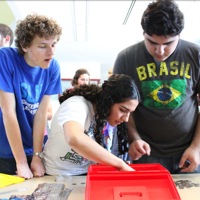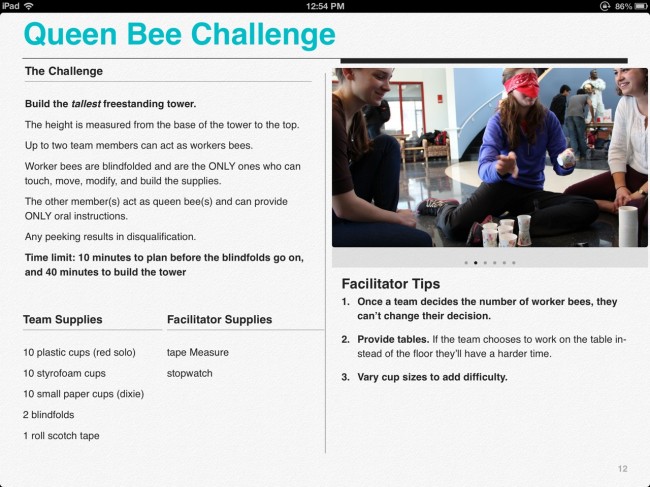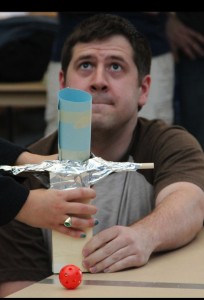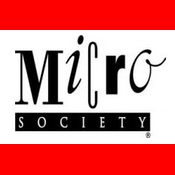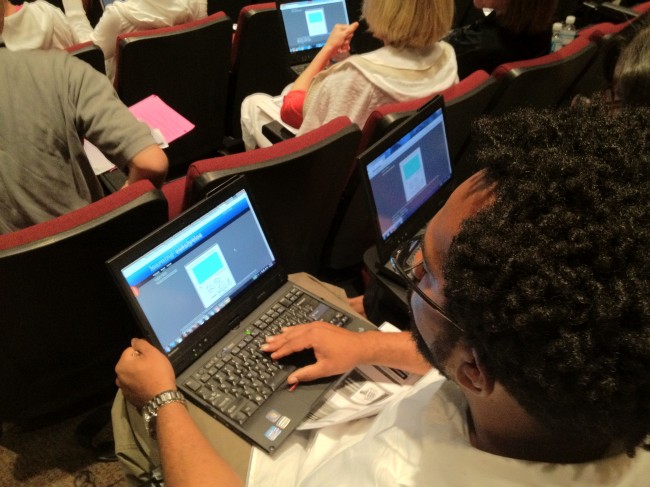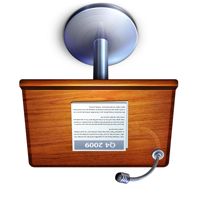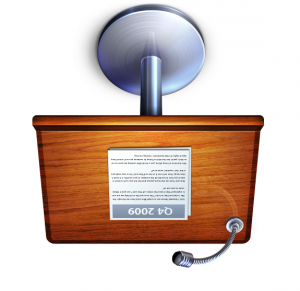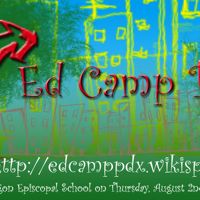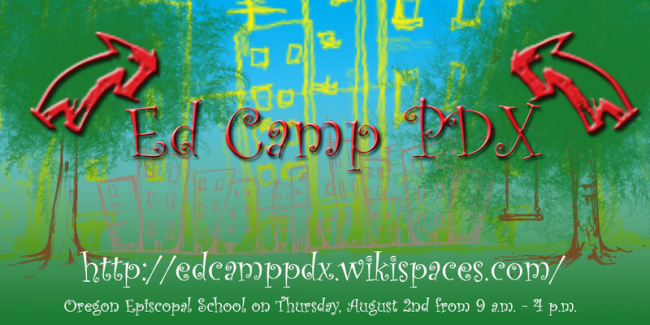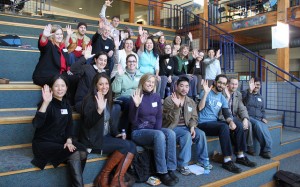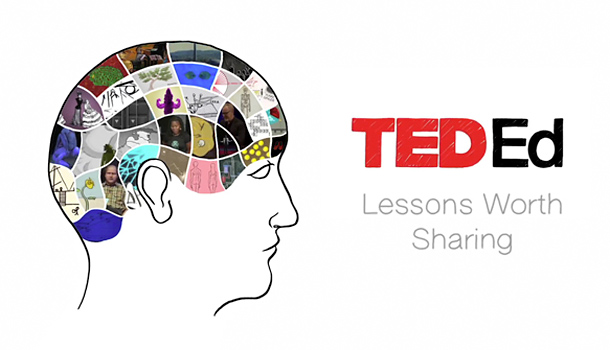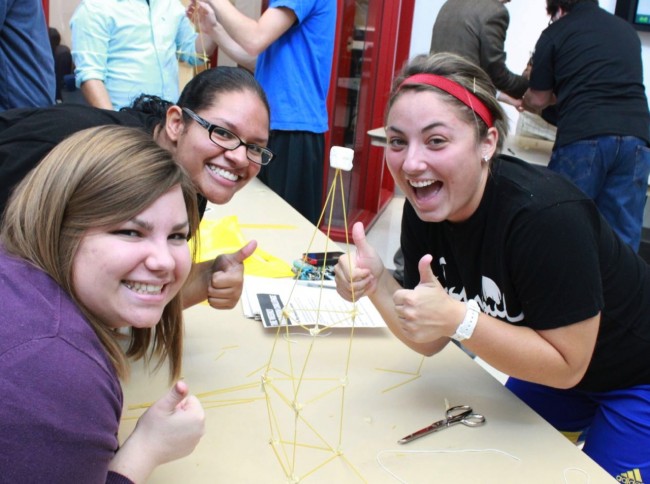 There’s a great new iBook that I highly recommend as a source for project based learning and team building activities for middle school students through adults. “Innovation Challenges – Mind Workouts for Teams” is available free at iTunes.
There’s a great new iBook that I highly recommend as a source for project based learning and team building activities for middle school students through adults. “Innovation Challenges – Mind Workouts for Teams” is available free at iTunes.
It tells the story of a great program at Saint Louis University, designed to promote creativity, innovation, and the entrepreneurial mindset through novel challenges. The book is a detailed how to for 22 challenges – team supplies, facilitator supplies, tips, learning outcomes and variations. It’s a treasure trove lavishly illustrated with photos and videos. Challenges run the gamut from STEM to marketing and sustainability. The iBook also details how to replicate the competition at your institution.
The books notes :
The goal of the innovation challenges is to promote the entrepreneurial mindset through multiple exposures to innovation process in a competitive, multidisciplinary, team-based, creative environment. Just as everyone is encouraged to exercise everyday to keep the body fit, innovation challenges are designed to keep the mind fit. It’s a mind workout. The Innovation Challenges help participants to exercise their creative side, work in multidisciplinary teams, and experience the team dynamics. They learn to tackle a novel situation under intense competitive time pressure, while networking with others outside their disciplines, and most importantly, fine-tuning their entrepreneurial skills.
Here’s more about the Weekly Innovation Challenge at Saint Louis University from their website:
Every Wednesday, Saint Louis University students have a chance to compete in the Weekly Innovation Challenge from 12-1pm in the Rotunda at Parks College. Students must form teams of three—these teams must include at least one engineering student and up to one faculty member. Most importantly, all participants must be from different majors/disciplines. The students are given an impromptu challenge and have one hour to compete. Whichever team completes the challenge successfully first wins $300 ($100 per teammate). Additionally, participants are asked to submit a weekly reflection on the challenge and one winner will be rewarded an additional $100.
The events are sponsored by the Kern Entrepreneurship Education Network, the Coleman Foundation and Saint Louis University. The goal of the competitions is for students to exercise their minds and creativity, just as they would their bodies. Challenges have included a wide variety of topics—from designing the tallest free-standing structure using spaghetti sticks to creating a “green” toaster box design. Winning teams have been from all sorts of disciplines. The first team to win was three female sophomores, including an aerospace engineering, political science and investigative medicine major.
Image credits: iBook / Innovation Challenges – Mind Workouts for Teams
